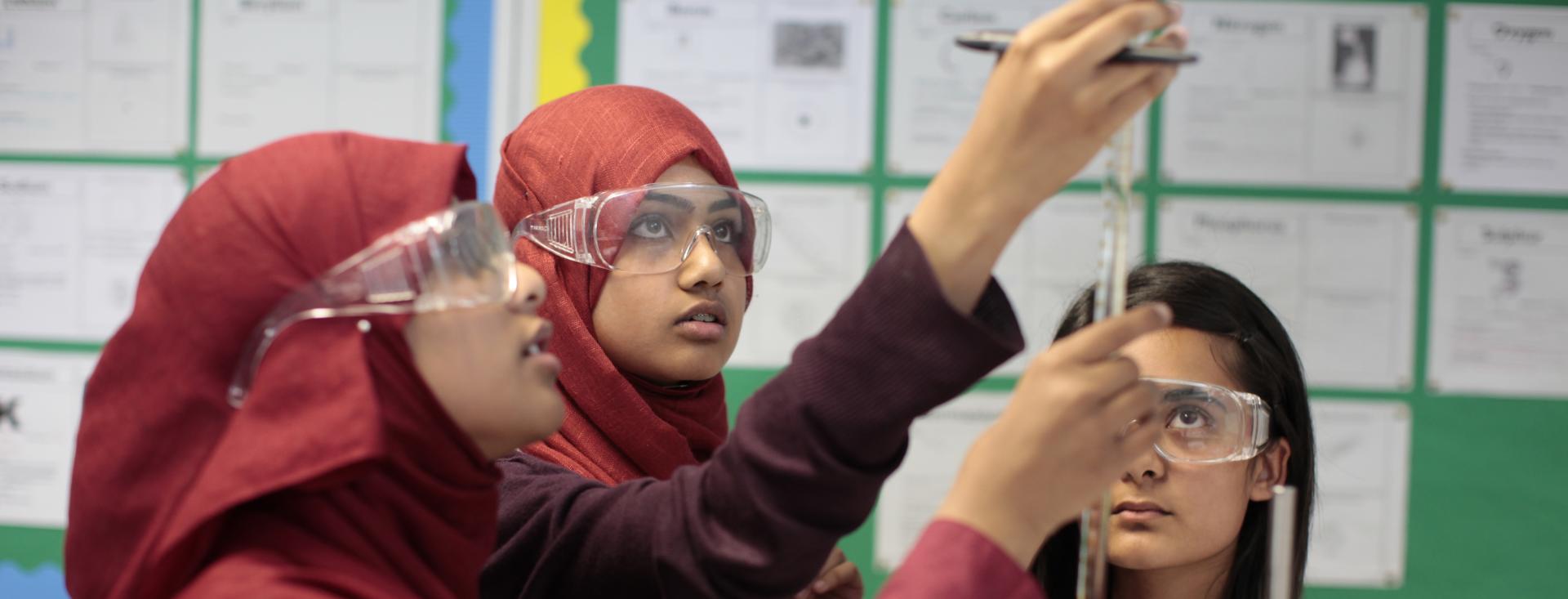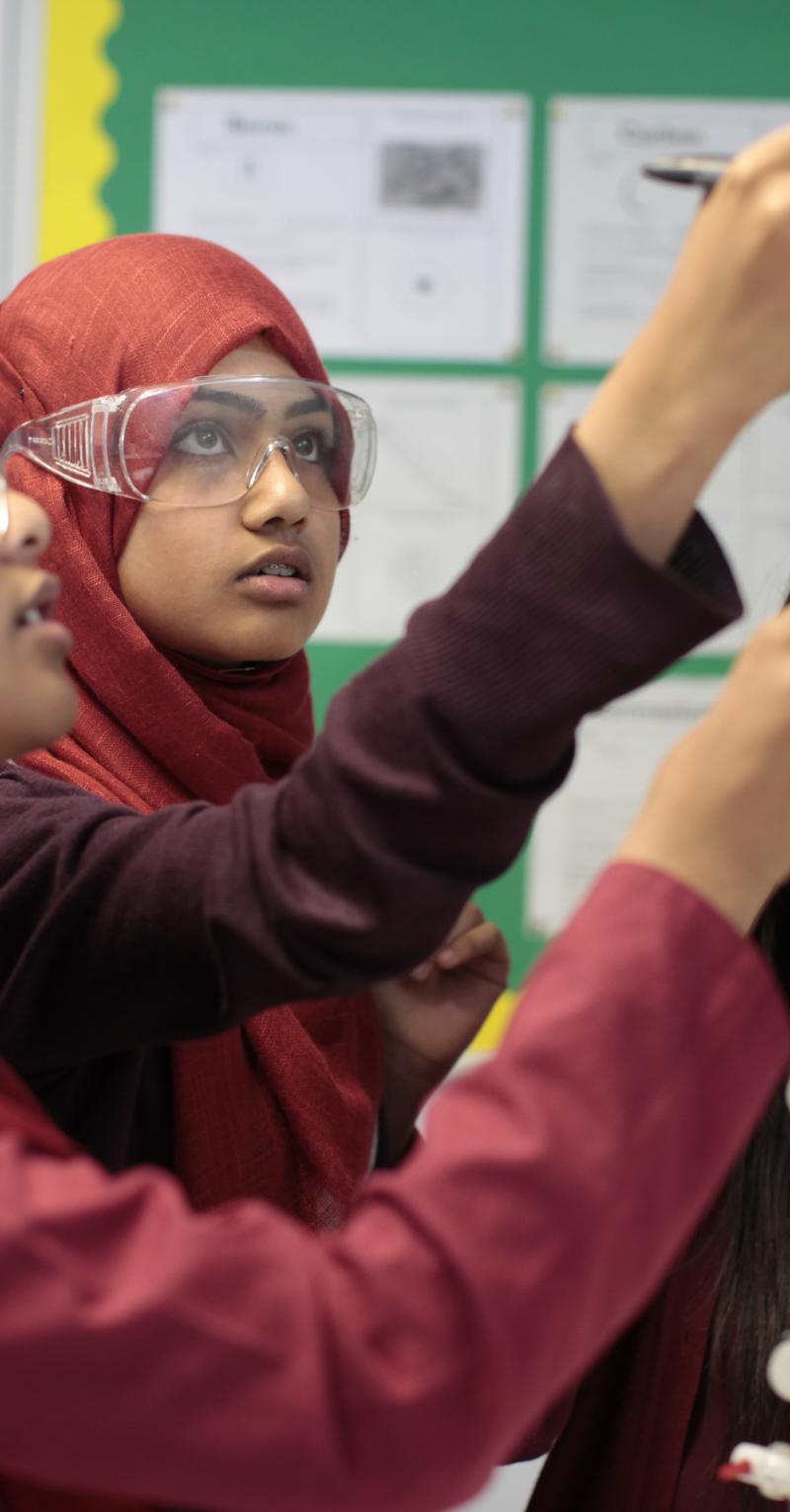Resources
Everyone has a role to play in supporting girls to become empowered, access education for better life outcomes, and thrive. Teach For All is committed to supporting the global network to identify and address the barriers that keep girls from learning and fulfilling their potential through our Girls’ Education initiative. Learn more about gender equity, the issues facing girls around the world, and more in this curated library of resources:
Girls' Education
Voice and Support: Storytelling as Activism Against Gender-Based Violence (GBV)
An article that highlights the Girl-talk-Girl program by the feminist organization Footage that engages young women worldwide in collaborative media arts activism against gender-based violence. Through storytelling, they examine GBV in their lives.
Girls' Education
Paying for Education Outcomes at Scale in India
A study on how India is playing a leading role in its use of innovative financing for development with impact bonds, an outcome-based financing structure. It outlines key lessons to be drawn for their application to education.
Girls' Education
Girls’ Transitions to Work Through Higher-Quality TVET Programs in Nepal
This report describes how the factors of education, the labor market, and social norms underlie why girls in Nepal are not able to leverage technical and vocational education and training (TVET) to their advantage and provides policy recommendations.
Girls' Education
Gender and Inclusive Education: The Weak Link in Girls' Education Programming
An overview of the compounding barriers that girls with disabilities experience at family, societal, and institutional levels, leading to a trajectory of marginalization. It shares resources providing a more holistic approach to inclusive education.
Girls' Education
Breaking the Silence Around School-Related Gender-Based Violence (SRGBV)
An article that shares the experiences and advice of youth activists who came together to break the silence around school-related gender-based violence as part of the youth-led #NotMySchool campaign.
Girls' Education
INEE Guidance Note on Gender
A guidance note by the Inter-agency Network for Education in Emergencies (INEE) that provides strategies on delivering education in a gender-responsive manner as part of an emergency preparedness, response, or recovery situation.

